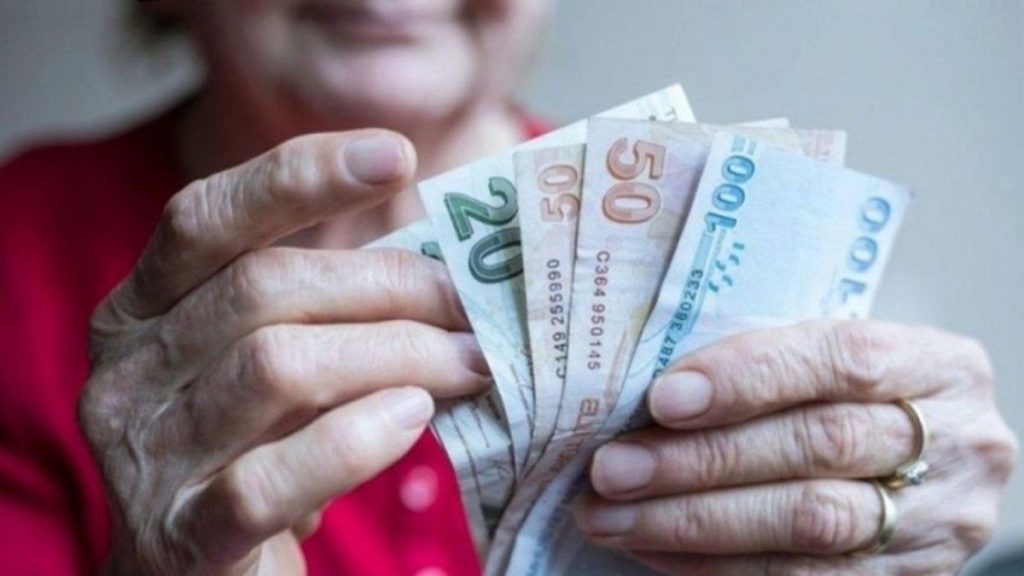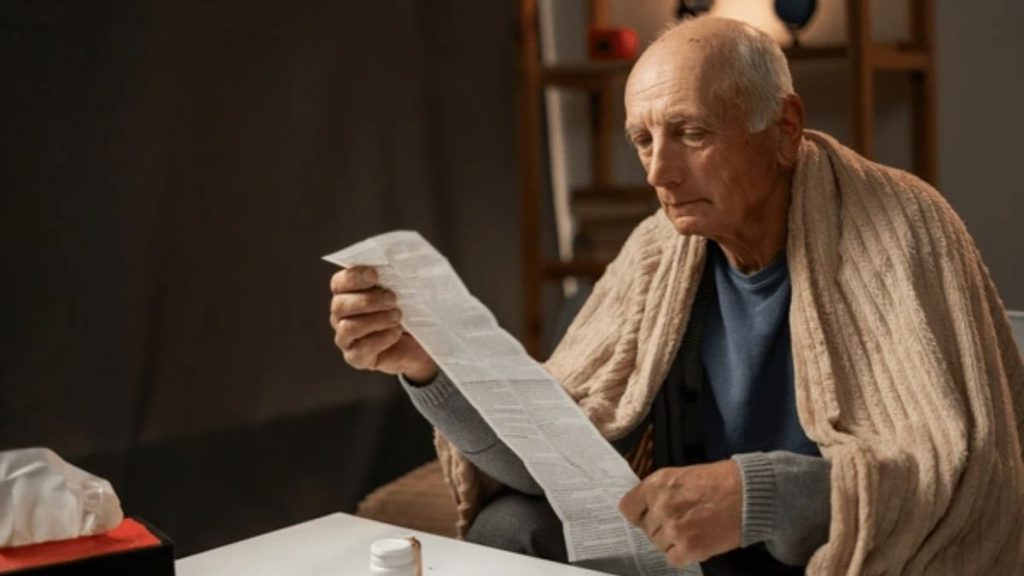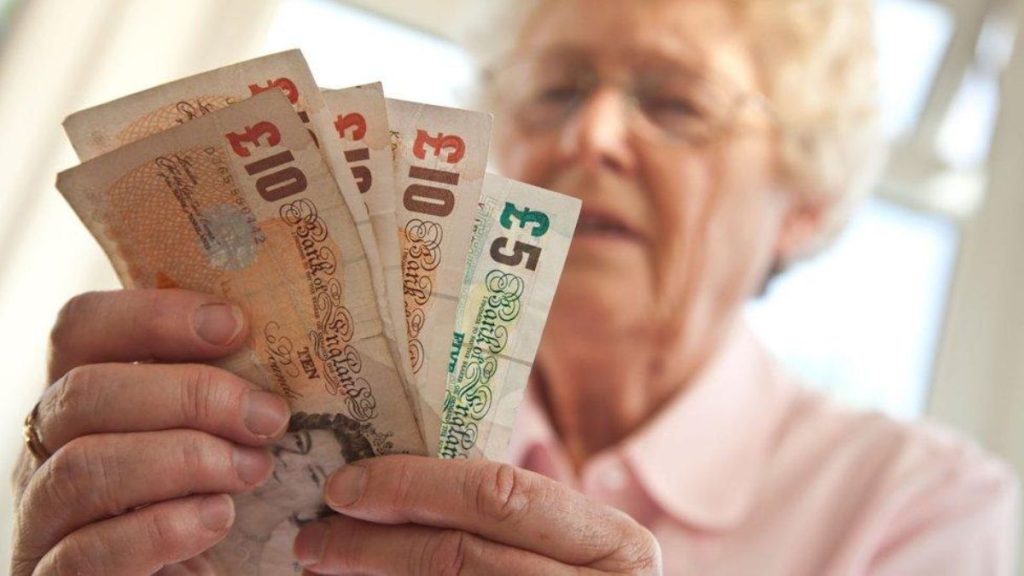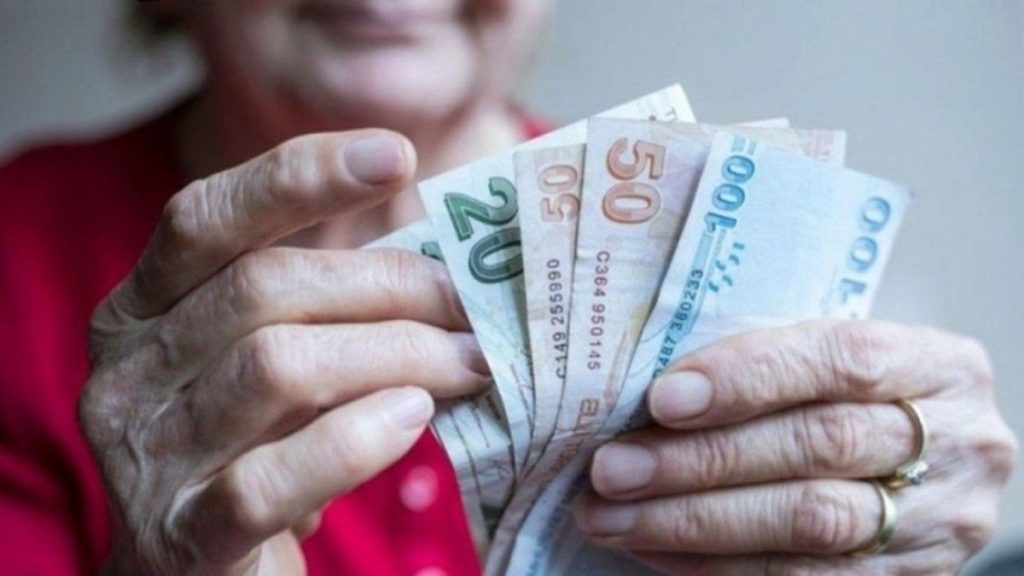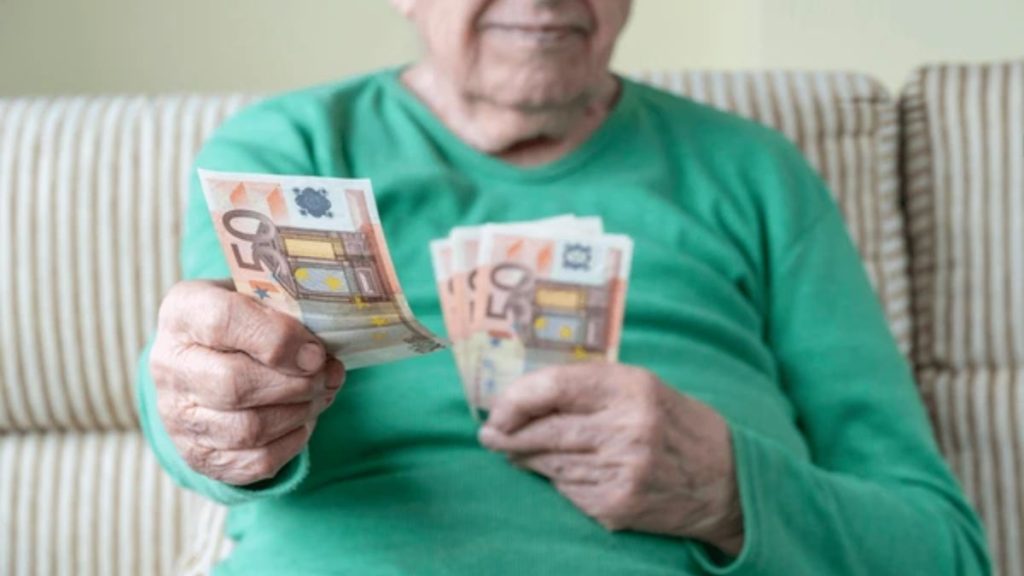The UK Department for Work and Pensions (DWP) has confirmed a new £812 Cost-of-Living Boost set to help millions of households struggling with rising prices. With inflation and energy costs continuing to put pressure on family budgets, this one-off payment is designed to provide timely financial relief for those most affected by the cost-of-living crisis.
Here’s a full breakdown of the eligibility rules, payment timeline, and key details about how this new support package will work in 2025.
What Is the £812 Cost-of-Living Boost?
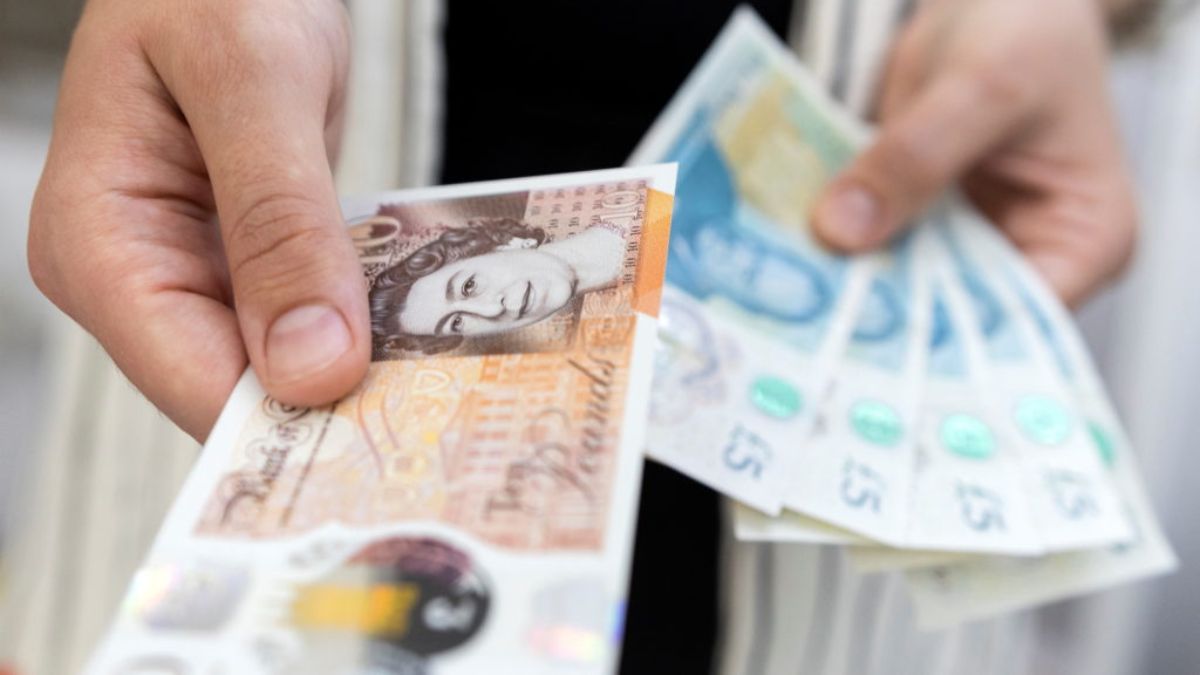
The £812 Cost-of-Living Boost is a one-off payment introduced by the DWP to help low-income individuals and families cope with the increasing cost of everyday essentials such as food, housing, and energy bills.
Unlike ongoing benefits like Universal Credit or Pension Credit, this payment is a temporary relief measure, designed to provide immediate financial support during a challenging economic period. It will not be a recurring payment but rather a single deposit made to qualifying households.
This initiative forms part of the UK government’s wider effort to support citizens through inflationary pressures, complementing other aid schemes like the Winter Fuel Payment and Cold Weather Payment.
Who Qualifies for the £812 Payment?
The DWP has confirmed that eligibility for the £812 payment will primarily depend on whether you receive means-tested benefits. That means the payment targets those whose income and savings fall below a certain threshold.
You may qualify if you are currently receiving one or more of the following:
- Universal Credit
- Pension Credit
- Income Support
- Income-based Jobseeker’s Allowance (JSA)
- Income-related Employment and Support Allowance (ESA)
In addition, individuals receiving disability benefits such as Personal Independence Payment (PIP) or Disability Living Allowance (DLA) may also qualify under certain conditions.
The DWP will use existing records to determine eligibility, meaning that most payments will be made automatically. There is no need to apply unless your circumstances have recently changed or you are not currently receiving benefits but believe you qualify.
How the DWP Determines Eligibility
Eligibility will be assessed based on your current benefit status and household composition. If you were receiving qualifying benefits during the designated assessment period, you’ll automatically be considered for payment.
For example, if you were on Universal Credit or Pension Credit as of a specific cut-off date (expected around July or August 2025), you will likely be included in the September payment batch.
To ensure you don’t miss out, it’s vital to:
- Keep your bank details up to date with the DWP.
- Notify them immediately of any change in address or household status.
- Check your benefit statements to confirm that your claim remains active.
When Will the £812 Payments Be Made?
The DWP has confirmed that payments will begin in September 2025, with most eligible recipients receiving the funds before the end of the month.
Payments will be deposited directly into the same bank account used for your benefits. If you still receive benefits via paper or cheque, your payment may also be sent through that method.
While some recipients may receive the payment earlier depending on their benefit cycle, the government expects to complete all disbursements by late September 2025.
How Much Will You Receive?
The standard payment amount is £812 per eligible household. In some cases, additional support may be available depending on your household size, number of dependents, and specific benefit circumstances.
For example:
- Single claimants will typically receive the full £812 payment.
- Couples or joint claimants receiving benefits together may receive one combined payment per household.
- Disability benefit recipients may receive additional supplementary support depending on DWP criteria.
This payment is tax-free and will not affect the amount of other benefits you receive.
Why the DWP Introduced the £812 Boost
Over the past year, the UK has faced persistently high living costs, with sharp increases in energy, housing, and food prices. Many families, particularly those on fixed incomes, have struggled to keep up with everyday expenses.
The £812 Cost-of-Living Boost is intended to provide breathing space to low-income households, ensuring they can manage essential bills without falling into debt or cutting back on necessities.
DWP officials have stated that the payment aims to “protect vulnerable citizens during a period of continued economic uncertainty.”
How to Check If You’re Eligible
The simplest way to confirm eligibility is to review your current benefit status. If you receive any of the qualifying benefits mentioned earlier, you should automatically receive the payment.
However, for extra peace of mind, you can:
- Use the DWP’s online eligibility checker available on the government website.
- Contact DWP directly by phone or through their online help form.
- Check your Universal Credit or Pension Credit statements to ensure your details are correct.
Be sure to avoid unofficial websites or messages asking for your personal or banking details. The DWP never contacts claimants by text or email requesting sensitive information.
What to Do If You Don’t Receive Your Payment
If you were expecting the £812 payment but haven’t received it by the end of September 2025, you should:
- Verify your eligibility based on your benefits status.
- Confirm that your bank information and contact details are accurate with the DWP.
- Reach out to the DWP helpline to report a missing or delayed payment.
In most cases, payment delays are caused by minor processing issues or updates to your benefit record. The DWP can trace and reissue payments if your claim meets the criteria.
Additional Financial Support Available
The £812 Cost-of-Living Boost is part of a broader package of support available to households across the UK. Depending on your situation, you may also be eligible for:
- Winter Fuel Payment – Support for heating costs during colder months.
- Cold Weather Payment – Extra support during periods of extreme cold.
- Housing Benefit – Financial help for rent and accommodation costs.
- Local Council Hardship Funds – Emergency grants for low-income families.
- Energy Supplier Discount Schemes – Reduced energy tariffs for pensioners and vulnerable households.
Combining these programs can significantly ease financial strain and help maintain stability throughout the year.
Tips for Making the Most of the £812 Payment
For many households, an extra £812 can provide a temporary cushion against rising prices — but managing it wisely is key. Here are a few tips:
- Prioritise essential bills: Use the payment first for rent, energy, and council tax.
- Budget carefully: Create a short-term spending plan to stretch the funds further.
- Stock up on essentials: Buy long-lasting household goods while prices remain stable.
- Set aside an emergency reserve: Even £50–£100 can help cover unexpected expenses later.
- Check for other benefits: Ensure you’re receiving all the support you’re entitled to.
Staying Safe From Scams
Whenever government payments are announced, fraudsters often attempt to take advantage of vulnerable individuals. The DWP has issued warnings about fake texts, emails, and calls asking for personal details or “processing fees.”
Remember:
- The DWP will never ask for payment to release your benefit.
- Official messages will always come from verified gov.uk domains.
- If in doubt, contact the DWP directly before sharing any information.
How This Payment Fits Into the Broader Support Strategy
The £812 boost is a continuation of the government’s multi-year cost-of-living support framework, which includes past payments of £301, £300, and £299 made in 2023 and 2024.
Together, these initiatives are designed to stabilize household finances, support pensioners, and prevent low-income families from falling into arrears during times of economic stress.
Economists have noted that such one-off payments not only provide direct help to families but also stimulate local economies by increasing short-term spending power.
Preparing for the Future
While the £812 payment is a welcome relief, it’s also a reminder for households to take a proactive approach to financial planning. Tracking expenses, keeping benefit details updated, and regularly checking eligibility for other schemes can ensure long-term stability.
The DWP continues to review support measures and may introduce further payments or targeted relief depending on inflation trends and fiscal conditions in 2026.
FAQs
Q1: Who is eligible for the £812 DWP Cost-of-Living Boost?
A1: Anyone receiving Universal Credit, Pension Credit, Income Support, income-based JSA, or income-related ESA as of the qualifying date will likely qualify automatically.
Q2: When will the £812 payments be made?
A2: Payments are expected to start from September 2025, with most recipients receiving funds by the end of the month.
Q3: Do I need to apply for the £812 payment?
A3: No, if you already receive qualifying benefits, the payment will be made automatically to your registered bank account.
Q4: Will the £812 payment affect my existing benefits?
A4: No, the payment is tax-free and will not impact the amount of other benefits you receive.
Q5: What should I do if I don’t receive my £812 payment?
A5: Contact the DWP helpline or check your benefit records to ensure your information is up to date. Most missing payments can be resolved quickly once verified.












